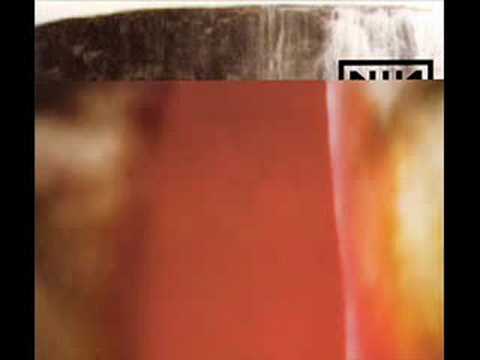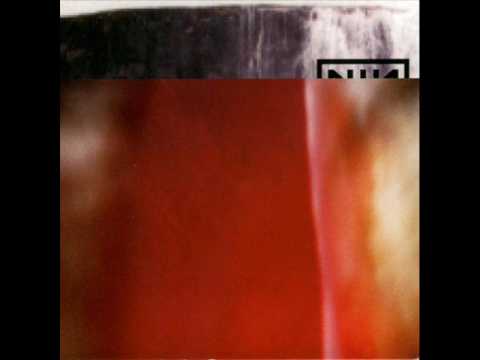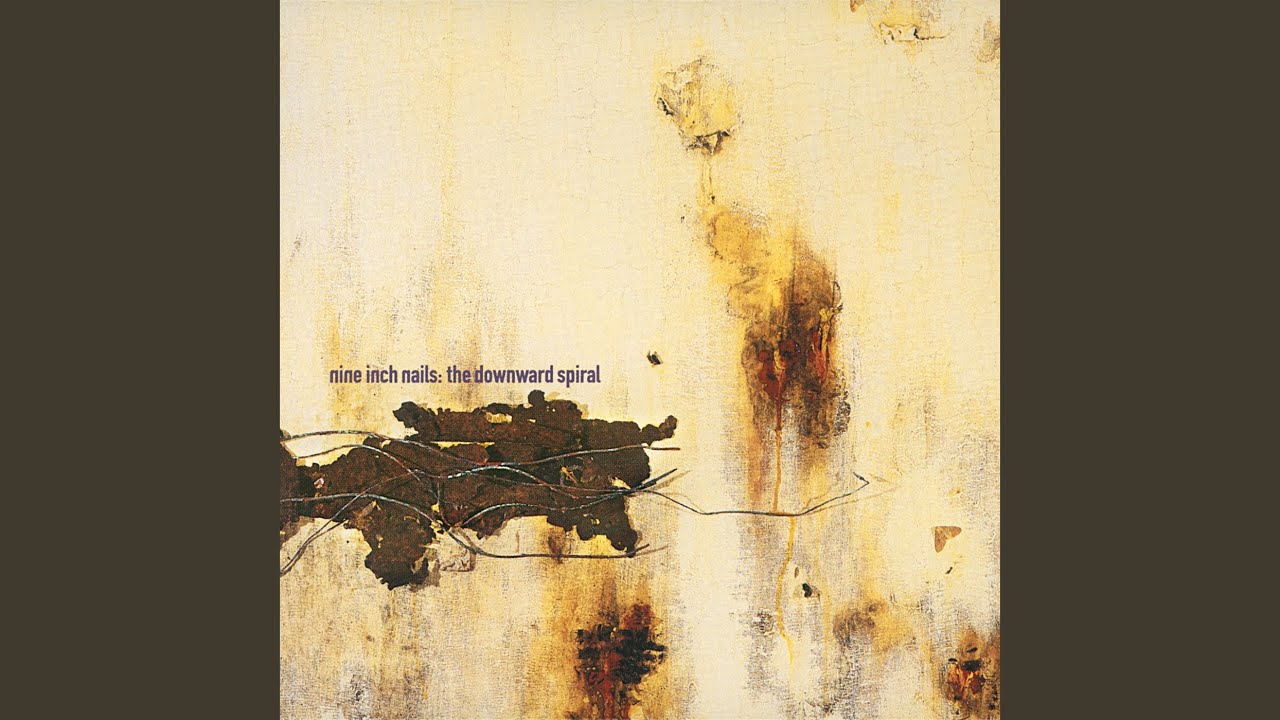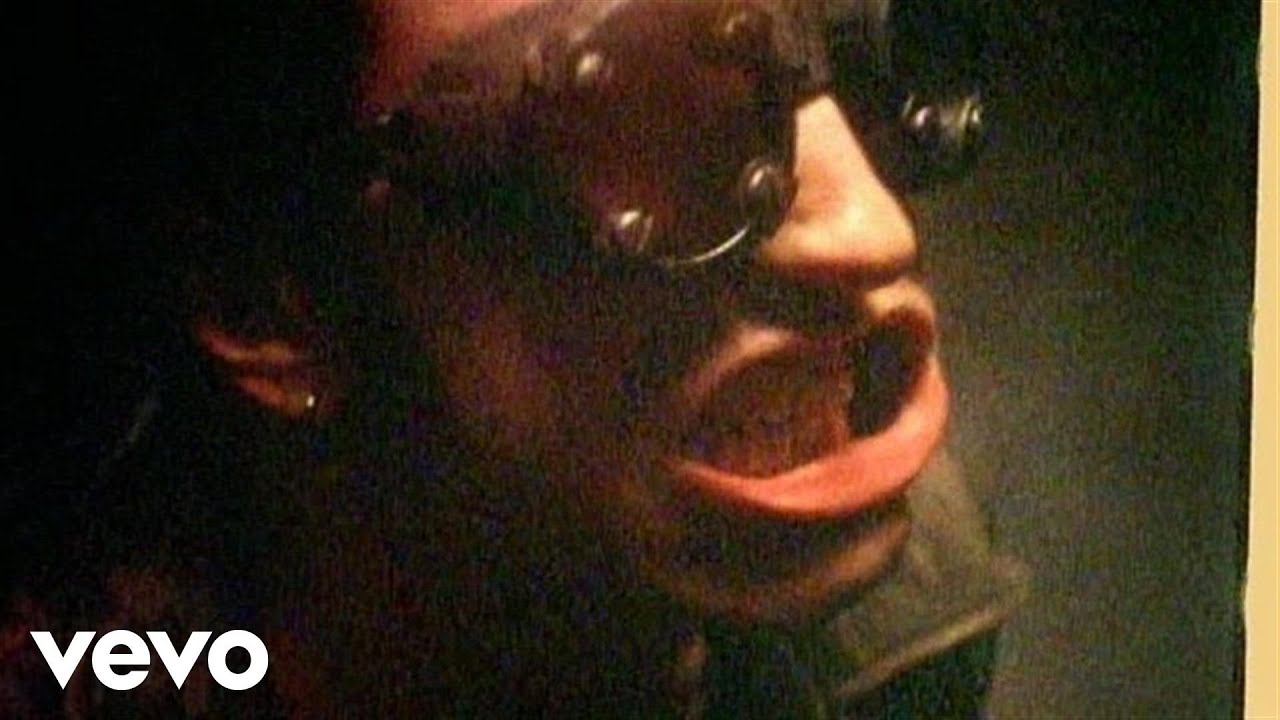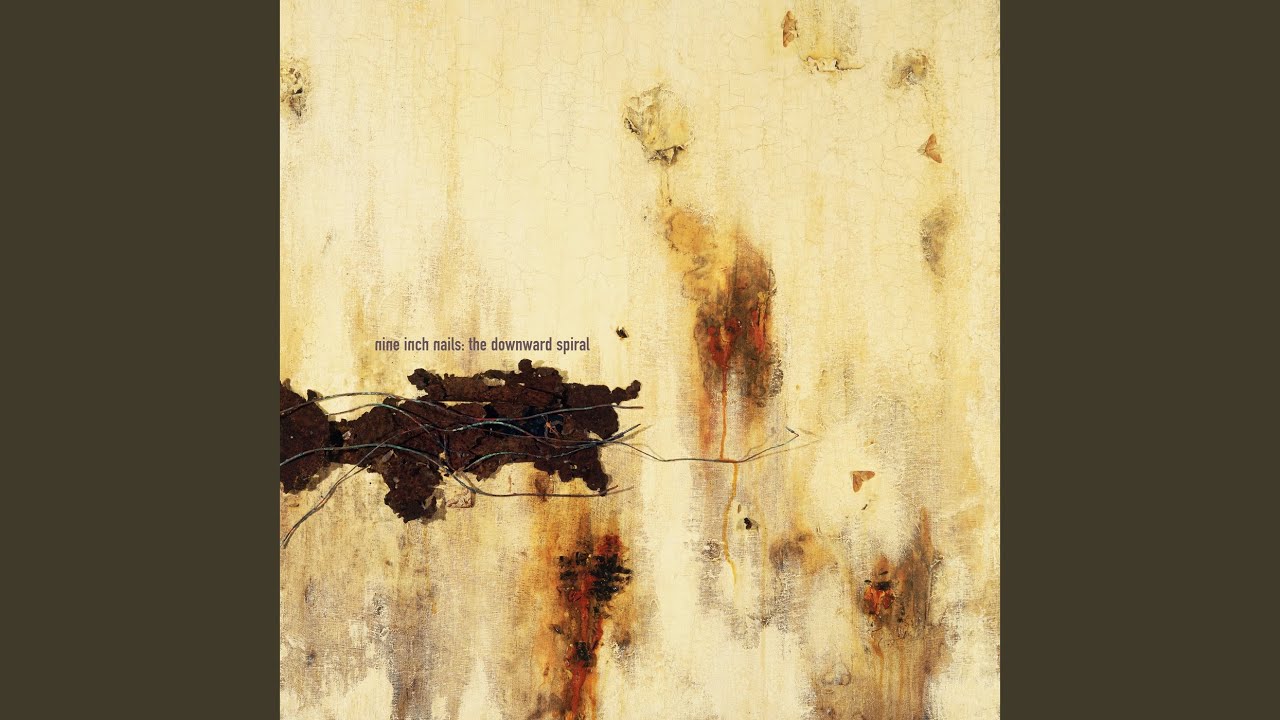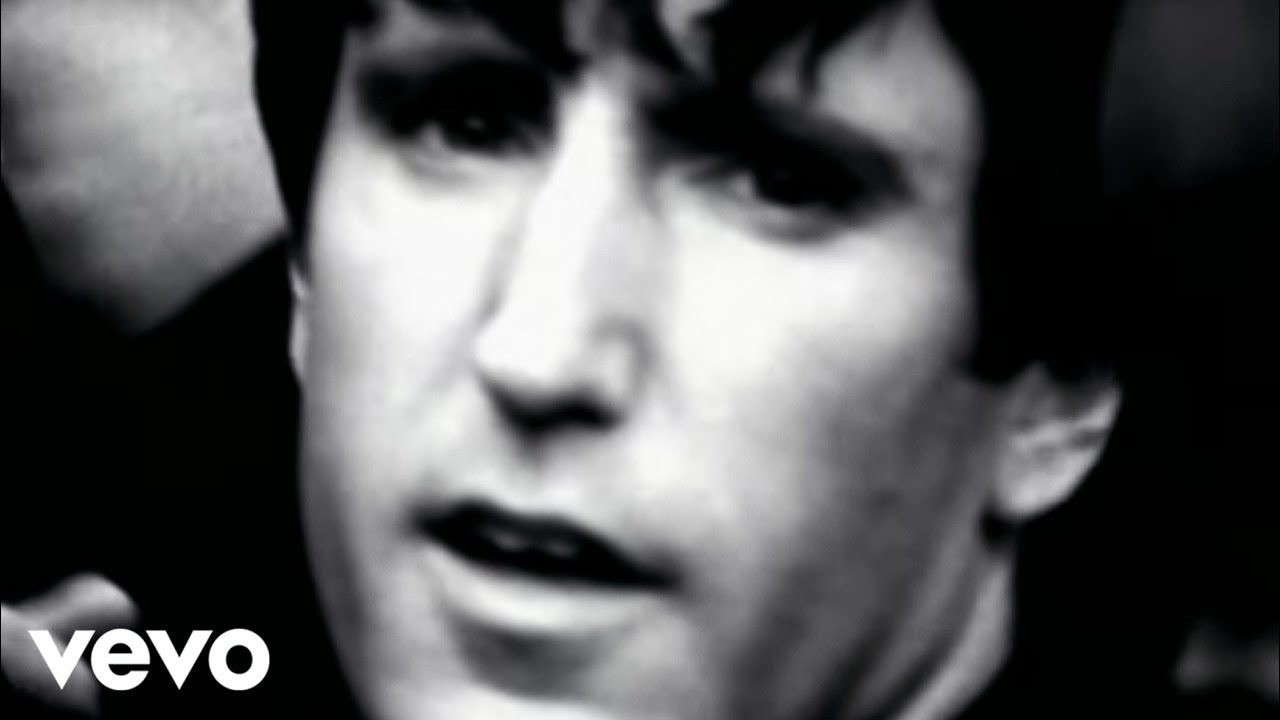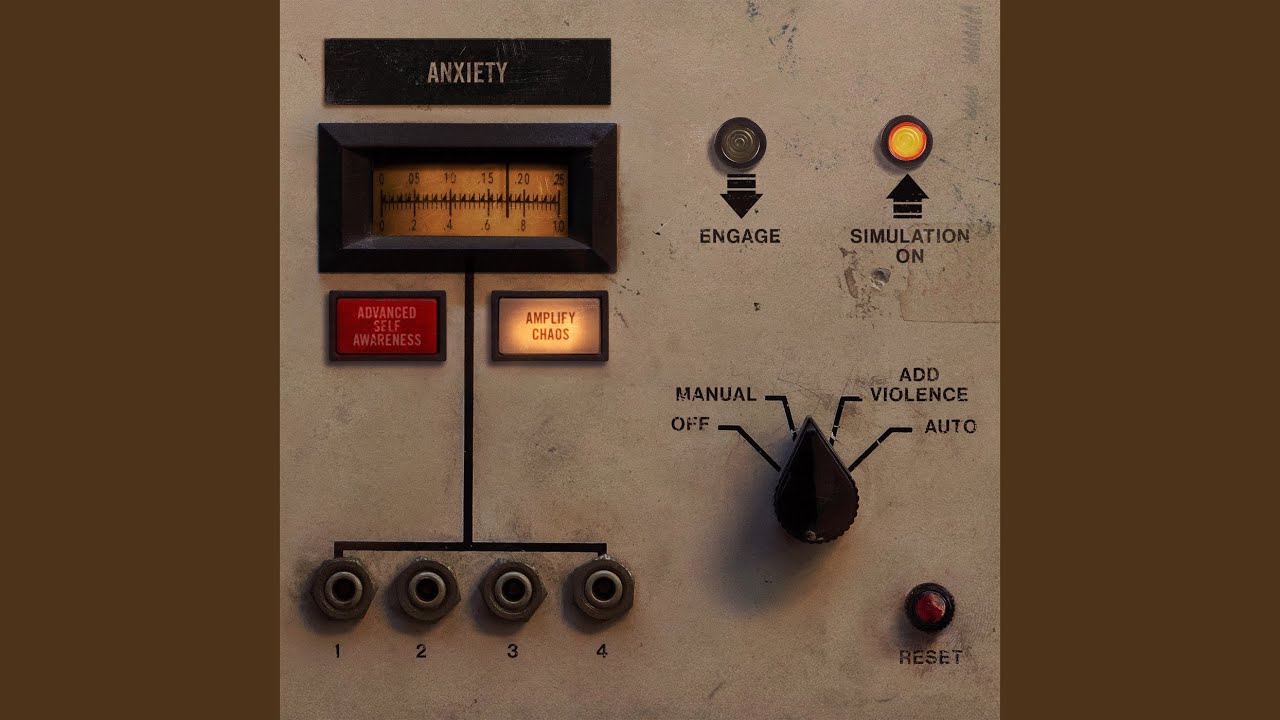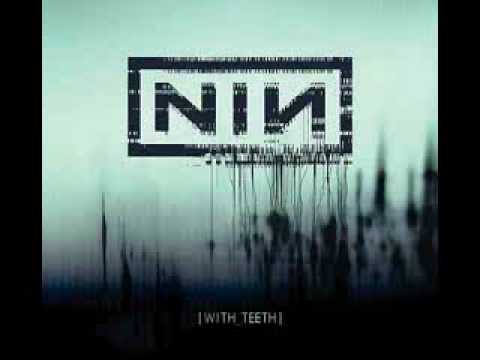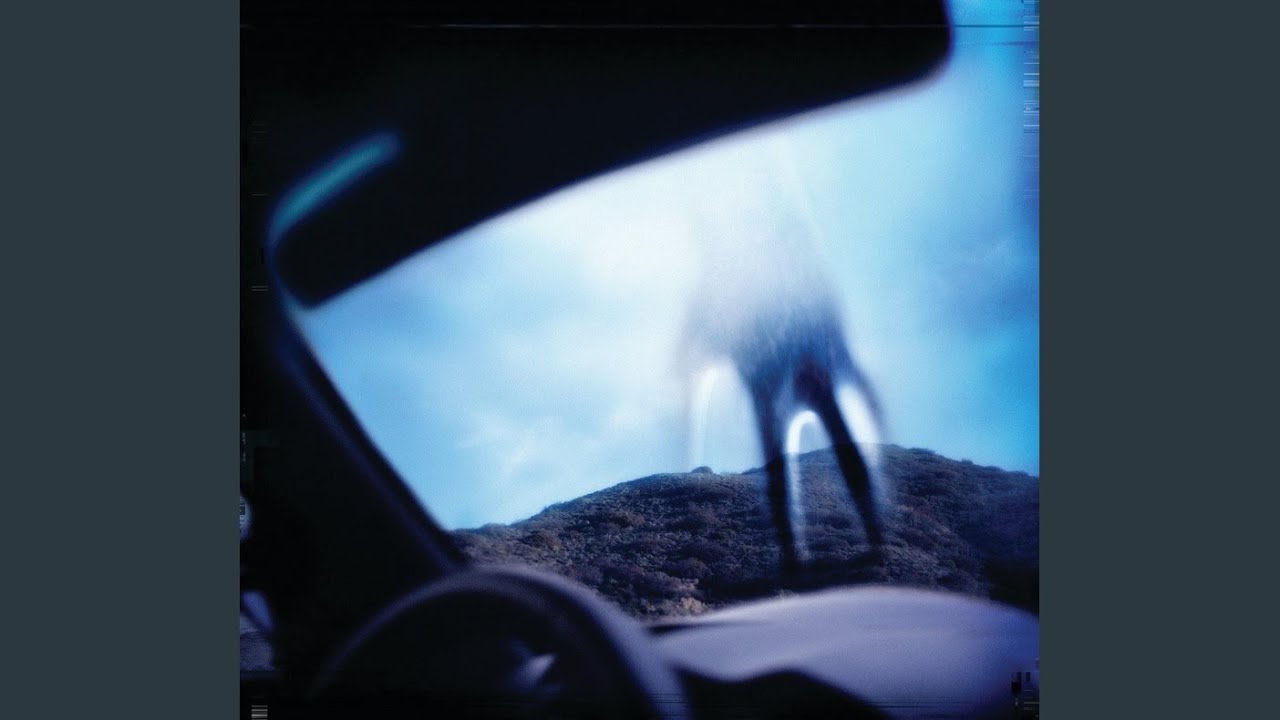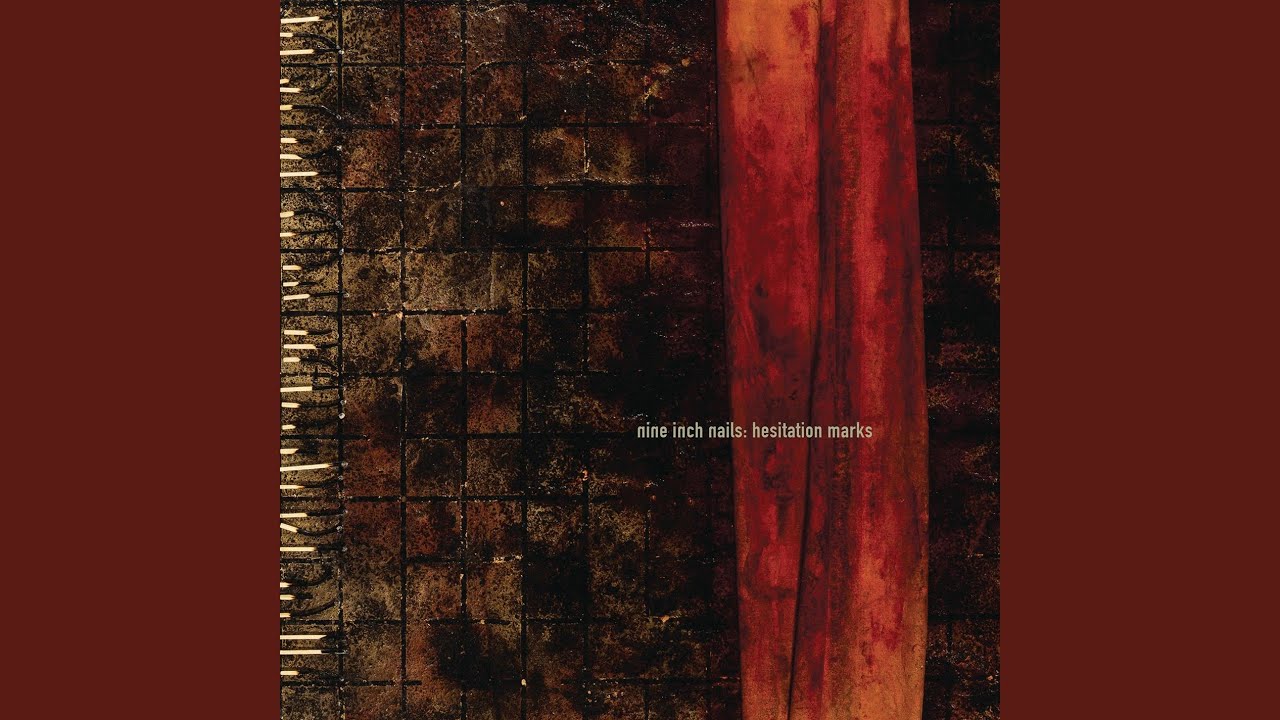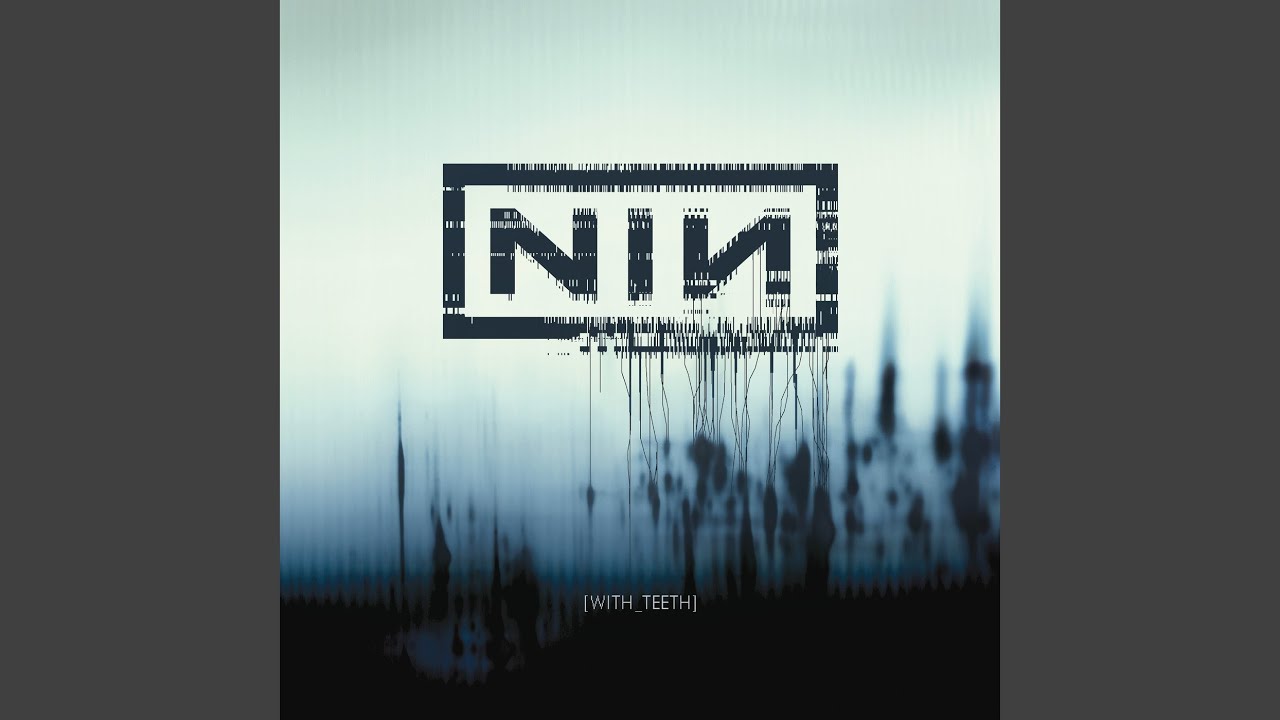I thought I would share a loose sketch I am working on, an integral appreciation of Trent Reznor and Nine Inch Nails, using integral ideas to recognize Trent’s own spiritual awakening over the decades. I’ve made no secret out of my deep affection for NIN, and the fact that I consider Trent Reznor to be one of the most important “rock star” archetypes of my generation. I’ve even devoted some of my woodworking to celebrate this tremendously innovative artist, reinterpreting a couple NIN album covers by using “entropic woods” (spalted wood, burl, etc.) to represent prominent NIN themes:
The Downward Spiral
The Fragile
So what you see below is still a VERY rough draft, which I hope to one day turn into a long-form video exploring the themes contained within, But thought I would share in hopes that it can generate some discussion! If anything else, below you will find one hell of a playlist to introduce you to the music of Nine Inch Nails, for the uninitiated.
And away we go.
NINE INCH NAILS AND THE POST-INDUSTRIAL TANTRA
What follows is an integral appreciation and enactment of the lyrics and sounds of Nine Inch Nails, as seen through the lens of integral spirituality, and emphasizing The Fragile as the central thematic fulcrum point that separates Trent’s career into two phases — from self-deconstruction, to self-actualization (and eventual self-transcendence).
The Fragile, in my opinion, is the best album released in my lifetime. It is one of the finest “concept album” ever produced, and echoes the sound of a truly transcendent inflection point. This album represents one of the most significant personal and artistic developmental fulcrums ever to grace pop culture — up there, I believe, with Rubber Soul and Revolver. It integrates the following polarities:
- Vulnerablity and fragility vs. a deeper resilience resting “underneath it all”.
- Masculine power with highly developed emotional intelligence
- Face-melting intensity with quiet elegance
It’s the sound of total collapse, a complete and total meltdown of one man’s life, love, and personality. It is the sound of a splintering self and jagged shards reaching for a new wholeness, a cacophony of blistering noise and broken instruments that evoke the claustrophobia of a falling sky, the fragments of a broken identity crashing all around us. And there is something else here too, a discovery of something new, something that reaches infinitely deeper than any wound can possibly go — a reservoir of quiet stillness that waits at the very center of suffering.
This is not a nihilistic album. It is a painful album, yes, but that pain leads the protagonist to a place he has never been before, where Trent first taps into those still waters at the center of his being, and dredges that stillness to the surface in hopes that it will wash away his own pain and fragmentation (which, as he tells us in later albums, he cannot do, revealing an additional layer of hard-earned wisdom, self-awareness, and eventual self-acceptance.)
ERASED, OVER, OUT
The Fragile was a very important milestone in Trent’s own artistic, emotional, and spiritual arc — which, up to this album, might be characterized as follows:
- I hate myself and want to fuck (Pretty Hate Machine)
- I hate myself and want to kill (Broken)
- I hate myself and want to die (Downward Spiral)
- There is no more self to hate (The Fragile)
This is also the last album recorded before Trent nearly overdosed on heroin, and then subsequently got clean, fully inhabiting the new resilience he discovered behind the broken fragments of his own self-annihilation, and then moving onto albums like With Teeth that carried themes themes which, while never fully escaping from the grit and gloom of his earlier work, are nonetheless far more reconstructive and life-affirming.
Trent’s career has also moved through several phases of perspectival unfolding, with each phase recapitulating and transmuting many of the central themes of previous phases:
- 1st-person rage, despair, and libido (e.g. Pretty Hate Machine, Broken, The Downward Spiral)
- 2nd-person connection, intimacy, and vulnerability (e.g. The Fragile, With Teeth)
- 3rd-person social awareness and commentary (e.g. Year Zero, The Social Network soundtrack, Before the Flood soundtrack, The Vietnam War soundtrack)
- 4th-person meta-commentary (e.g. Hesitation Marks, Not the Actual Events, Add Violence, Bad Witch)
So let’s start at the beginning — with Trent’s drive toward deconstructionism, nihilism, and self-annihilation:
“I woke up today, to find myself in the other place,
with a trail of footprints from where I ran away.”— Even Deeper, The Fragile
Dissociation, or self-transcendence? Probably both, at this stage of Trent’s awakening, falling deeper through layers of addiction and self-realization.
“Thought he had it all before they called his bluff, turned out his skin just wasn’t thick enough.
Wanted to go back to how it was before, thought he lost everything then he lost a whole lot more.
A fool’s devotion, swallowed up in empty space.
The tears of regret, frozen to the side of his face.”— I’m Looking Forward to Joining You Finally, The Fragile
This is one of many references to “emptiness” that Trent evokes in this album. Here’s a few lines from The Day the World Went Away — a song that beautifully juxtaposes both the thunderous gravity and the radical lightness of the awakening experience:
“There is a place that still remains, it eats the fear it eats the pain.
The sweetest price he’ll have to pay, the day the whole world went away.”—The Day the World Went Away, The Fragile
The “other place” — also referred to with terms like “the void” and, later on, “home” — is being described as both indestructible and all-pervasive, and as a place that devours the pains and torments inherent to incarnation. But at a price, of course — the total annihilation of self, the illusion of separation and of being subject to things like “beginnings” and “endings”. But this is a very different sort of self-annihilation than the suicidal and self-loathing escapism of The Downward Spiral.
“Tried to save myself but myself keeps slipping away.”
—Into the Void, The Fragile
There is again. Is “the void” referring to his own nihilism, or to his slowly awakening self? Again, I think that at this stage in his journey, it’s likely both. His nihilism delivered him to a transcendence that would become more apparent in later albums. His brokenness led him to a bigger, better, and stronger wholeness, transcending the self and finally resting as Self.
This sudden break toward self-transcendence is itself foreshadowed in Trent’s ultimate psalm of self-destruction, The Downward Spiral — which, after a full hour of descending through layer after layer of despair, desperation, and dissociation, the album completely flips its own thesis inside out with an explosion of distortion and a sudden thunderbolt of radical self-acceptance:
“If I could start again
A million miles away,
I would keep myself,
I would find a way.”—Hurt, The Downward Spiral
YOU GET ME CLOSER TO GOD
After spending his career chasing Thanatos down the spiral, with The Fragile he would begin to follow the trail of Eros. Interestingly, the dual nature of Eros — sexual union and self-transcendence — was first foreshadowed by the lyric that made Nine Inch Nails a household name:
“I want to fuck you like an animal
I want to feel you from the inside
I want to fuck you like an animal
My whole existence is flawed.
You get me closer to God.”—Closer, The Downward Spiral
While these sort of sexual themes run throughout Trent’s multi-decade career, it’s hard to ignore the overall developmental trajectory of his eroticism. What began in Pretty Hate Machine as uninhibited cravings and frustrations and codependent longings has, by the time we reach The Downward Spiral, matured into a full-blown tantric nihilism, the lotus flower at the center of his self-inflicted apocalypse.
Check out this lyric from I Do Not Want This, a track from The Downward Spiral, which stands out as one of the most powerful tantric descriptions of raw masculine libido and ambition that I have ever heard:
“I want to know everything,
I want to be everywhere,
I want to fuck everyone in the world,
I want to do something that matters.”—I Do Not Want This, The Downward Spiral
Now compare that to this lyric from We’re In This Together Now from The Fragile, which begins with a damaged “I” statement before hitting its crescendo with “you and me”:
“I’ve become impossible, holding on to when everything seemed to matter more.
The two of us, all used and beaten up, watching fate as it flows down the path we have chose.
You and me, we’re in this together now, none of them can stop us now, we will make it through somehow.
You and me, if the world should break in two, until the very end of me, until the very end of you.”—We’re In This Together, The Fragile
Who is Trent referring to? A girl? His dying grandmother, who also has a deep presence on this album? Or perhaps it’s a more transcendent other, a sort of 2nd-person enactment of Spirit, whom he would later name “The Lover” in a much later album? The Fragile was the album where Trent fully moved from 1st-person expressions of pain, rage, and masculine power and projection into 2nd-person expressions of devotion, vulnerability, connection, and loss.
Which brings us to one of his most tender lyrics, following the death of his grandmother. I believe this is the pivotal experience that opened a channel to spirit within Trent’s heart, along with his own near-death experience:
“All I do, I can still feel you. Numb all through, I can still feel you.
Hear your call, underneath it all. Kill my brain, yet you still remain.
Crucified, after all I’ve died, after all I’ve tried, you are still inside.
All I do, I can still feel you. You remain, I am stained.”—Underneath It All, The Fragile
Who is he talking to? His departed grandmother who he loved so much? The transcendent Other that exists “beneath it all” and behind the faces of everyone he has ever loved? A 2nd-person projection of his own ever-present consciousness? Is there ultimately a difference here?
It is worth mentioning that Trent would return to this theme of this transcendent Other multiple times throughout his career, but perhaps most prominently in his 2017 release, The Lovers, from the album Add Violence:
“I can hear you breathing
I’ve slipped out of time again
Leaving all of you behind
And I’m free
To return to the place where I already am
And have always been
If I just really looked and allowed myself
To see
Take me, into the arms of the lovers
Free, into the arms of the lovers
Please, into the arms of the lovers
I am free, into the arms of the lovers”—The Lovers, Add Violence
Returning to The Fragile, we see more hints of the tenderness and vulnerability that comes with Trent’s opening to genuine 2nd person connection and mystery:
“Staring at the sea, will she come?
Is there hope for me after all is said and done?
Anything at any price — all of this for you.
All the spoils of a wasted life, all of this for you.”—The Great Below, The Fragile
Again, who is Trent referring to? Who is the “she” he is waiting for? I think this is answered in the preceding track, the album’s thematic denouement — and the Rosetta Stone we need to decipher the rest of the lyrics. And this comes from one of the most beautiful and moving tracks he has ever recorded, La Mer, spoken in creole French. Note the repetition of the “sea” as a transcendent symbol:
“And when the day arrives, I’ll become the sky, and I’ll become the sea.
And the sea will come to kiss me. For I am going home.
Nothing can stop me now.”—La Mer, The Fragile
“I’ll become the sea, and the sea will come to kiss me” — the two become one in a seamless union of inside and out, self and other. What is really interesting is how those last two lines — “I am going home” and “Nothing can stop me now” represent another inflection point in his artistic journey. “Nothing can stop me now” is a repurposing of the same lyrics from Piggy on Downward Spiral, but re-enacted. First it was “nothing can stop me now, I don’t care anymore” on his way to self destruction. Now he’s no longer spiraling down to a nihilistic oblivion, he is spiraling up toward his transcendent Home.
I AM HOME
This theme of “Home” would reappear several times in later albums. What he once described as “the other place” is no longer “other” to him, because it is no longer separate from him, illustrating how identity shifts from the separate-self as the primary reference point to the transcendent space he now recognizes as his original and true identity.
Here is a later track, actually titled Home, which came out a few years later:
“Everything is catching up with me. I awake to find I’m not at all where I should be.
And it feels I’m getting to the end, and it’s hard to figure out what’s real and what’s pretend.
To break from what we’re tied to, God knows how much I’ve tried to.
And I am still inside you.
And I am still inside you.”—Home, With Teeth
He made the Void — the empty heart of the Lover — into his new “home”. This refrain is repeated in the track Vessel from Year Zero, this time describing the effects of a fictional hallucinogen:
“I am you and you are me
We will never be alone
I have finally found my place in everything
I have finally found my home
I can leave all of this flesh behind
I can see right through this whole facade
I am becoming something else
I am turning into god”—Vessel, Year Zero
And then check out this lyric from his song Everything, from the album Hesitation Marks:
“All the walls begin to dissolve away, Feel your hands begin to shake.
And just who you think you used to be, All begins to bend and break.
I am home. I believe. I am whole. I am free.
I am home. I can see. Always here, finally.”—Everything, Hesitation Marks
There is is. Trent found his Home, his enlightenment, completing the circuit from self-deconstruction to self-liberation.
AT THE HEART OF IT ALL
“God break down the door
Everything all at once
There aren’t any answers here
No, no, not anymore”—God Break Down the Door, Bad Witch
And it is from the perspective of this absolute subjectivity, looking out from his Home through the eye of God in 1st Person, that he describes the lila he sees:
“See the animal in his cage that you built, are you sure what side you’re on?
Better not look him too closely in the eye, Are you sure what side of the glass you are on?
See the safety of the life you have built, Everything where it belongs.
Feel the hollowness inside of your heart, and it’s all right where it belongs.
What if all the world’s inside of your head, just creations of your own?
Your devils and your gods, all the living and the dead,
And you’re really all alone?
You can live in this illusion, you can choose to believe.
You keep looking but you can’t find the woods, while you’re hiding in the trees.
What if everything around you, isn’t quite as it seems?
What if all the world you think you know, is an elaborate dream?
And if you look at your reflection, is it all you want to be?
What if you could look right through the cracks, would you find yourself, find yourself afraid to see?”—Right Where It Belongs, With Teeth
Trent Reznor, through his art and his own awakening, has fulfilled rock and roll’s most sacred place within the American Tantra.



